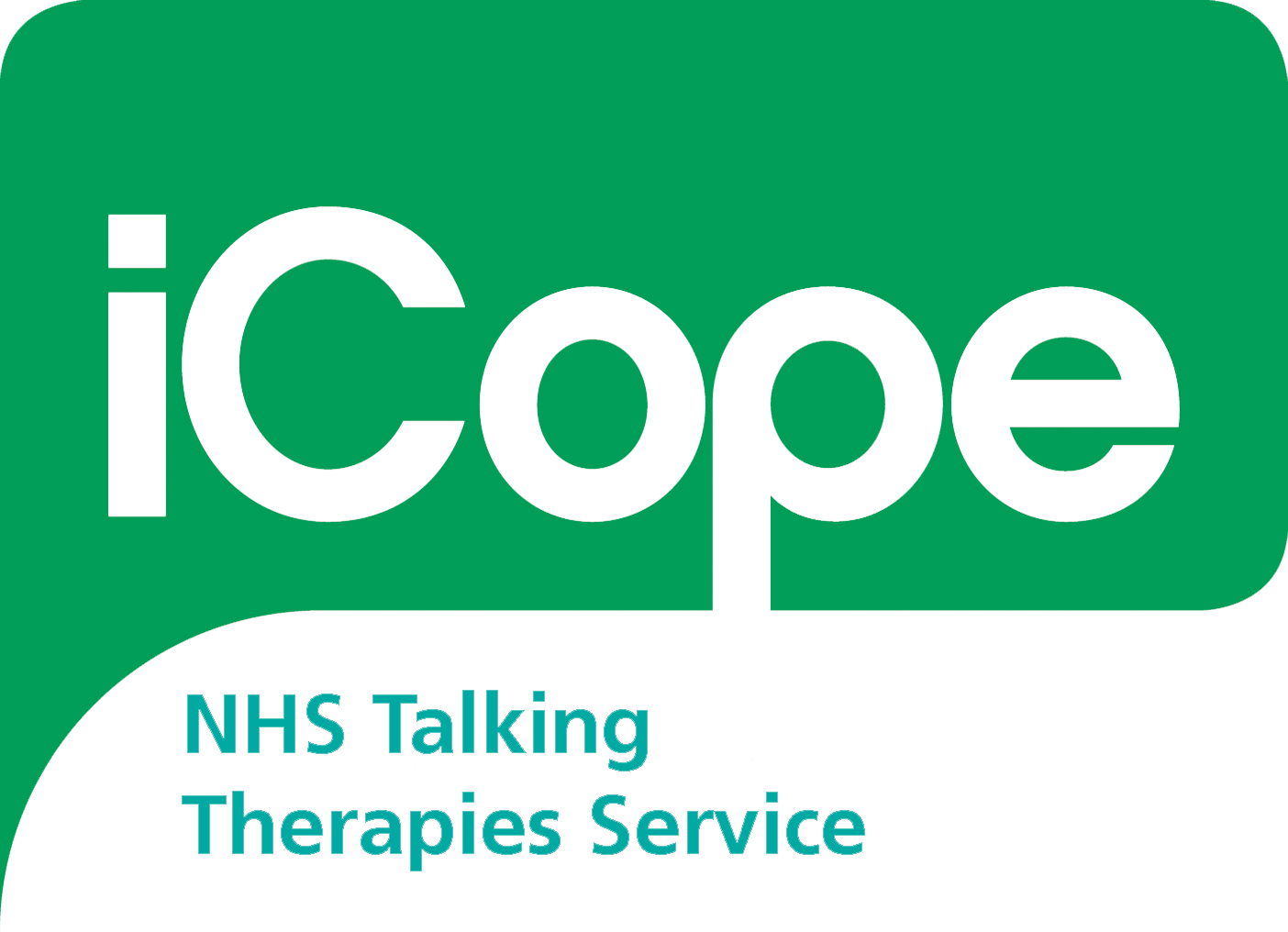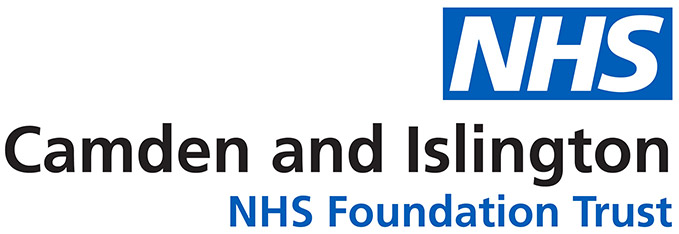- Feel tearful and have lost interest in the things you used to enjoy?
- Find you have feelings of lasting sadness and hopelessness?
- Experience constant tiredness, have poor sleep and reduced appetite?
- Find that these feelings do not go away?
- Experience these difficulties for at least two weeks?
What is depression?
Depression is characterised by feeling sad and hopeless and losing interest in things you used to enjoy. People with depression find their symptoms can persist for weeks or months and can interfere with work, social and family life. Symptoms include:
- Continuous low mood or sadness
- Feeling hopeless and helpless
- Having low self-esteem
- Feeling tearful
- Feeling irritable and intolerant of others
- Having no motivation or interest in things
- Finding it hard to make decisions
- Not getting any enjoyment out of life
- Having suicidal thoughts or thoughts of harming yourself
- Disturbed sleep (struggling to get to sleep or stay asleep, or sleeping too much)
- Changes in weight and/or appetite
- Feeling anxious
Your symptoms may cause you to withdraw from other people including your family and friends. You may also find going to work difficult and stressful and may take time off sick. As a result you may feel worse about yourself and lower in mood.
Depression can affect people of all ages, and talking therapy can help.
Watch this video from Age UK of older people talking about their experiences of talking therapy:




